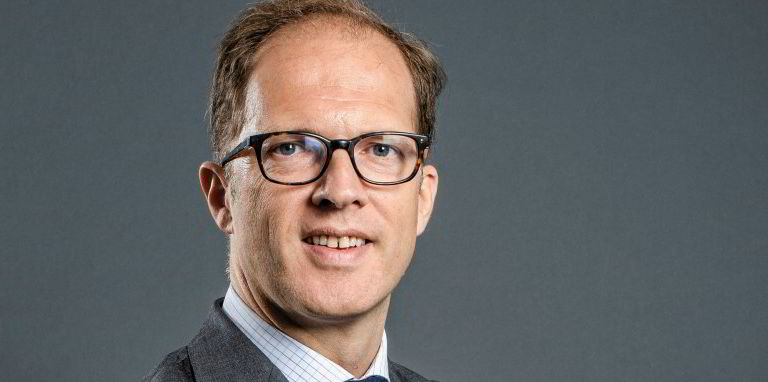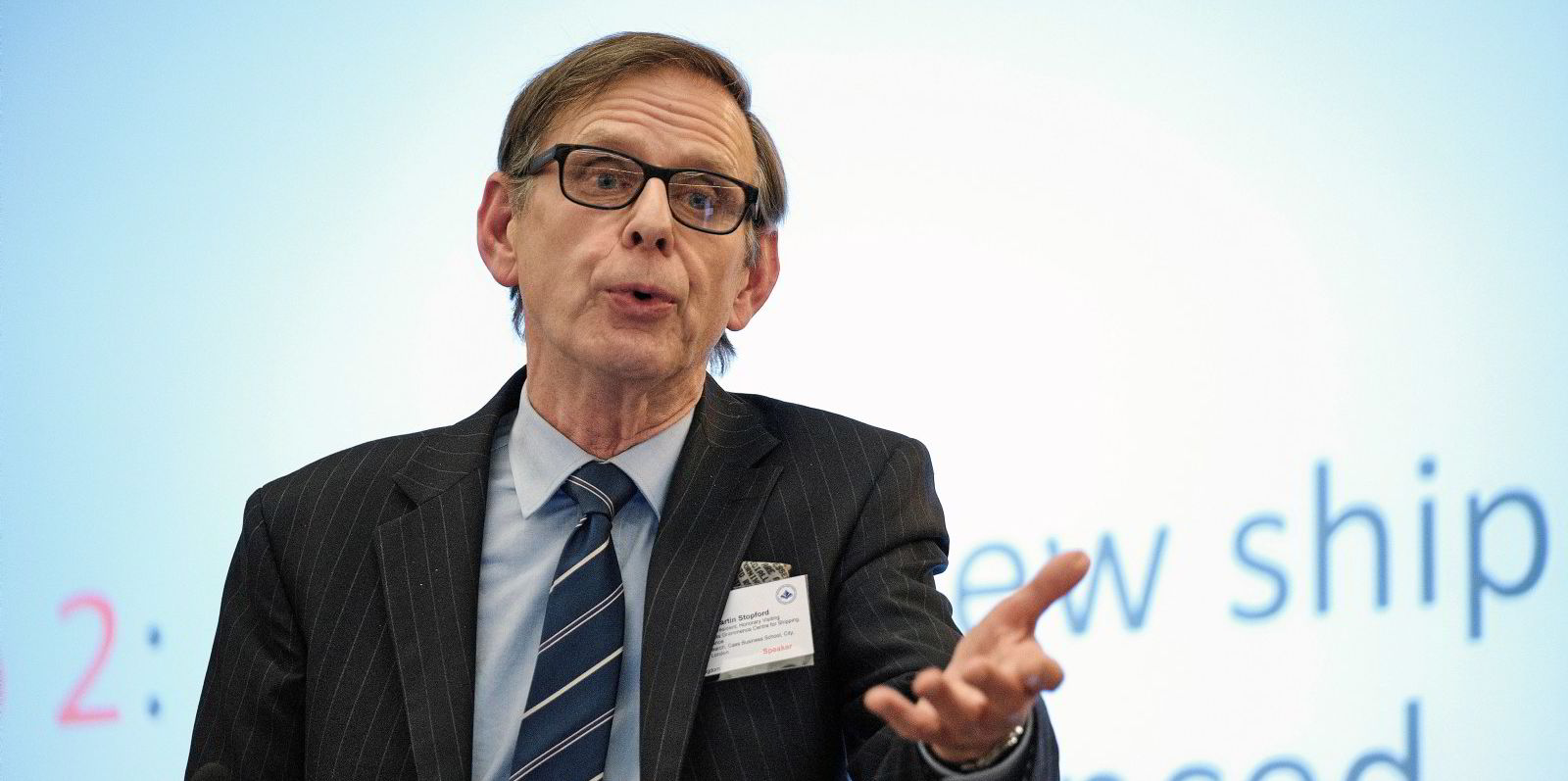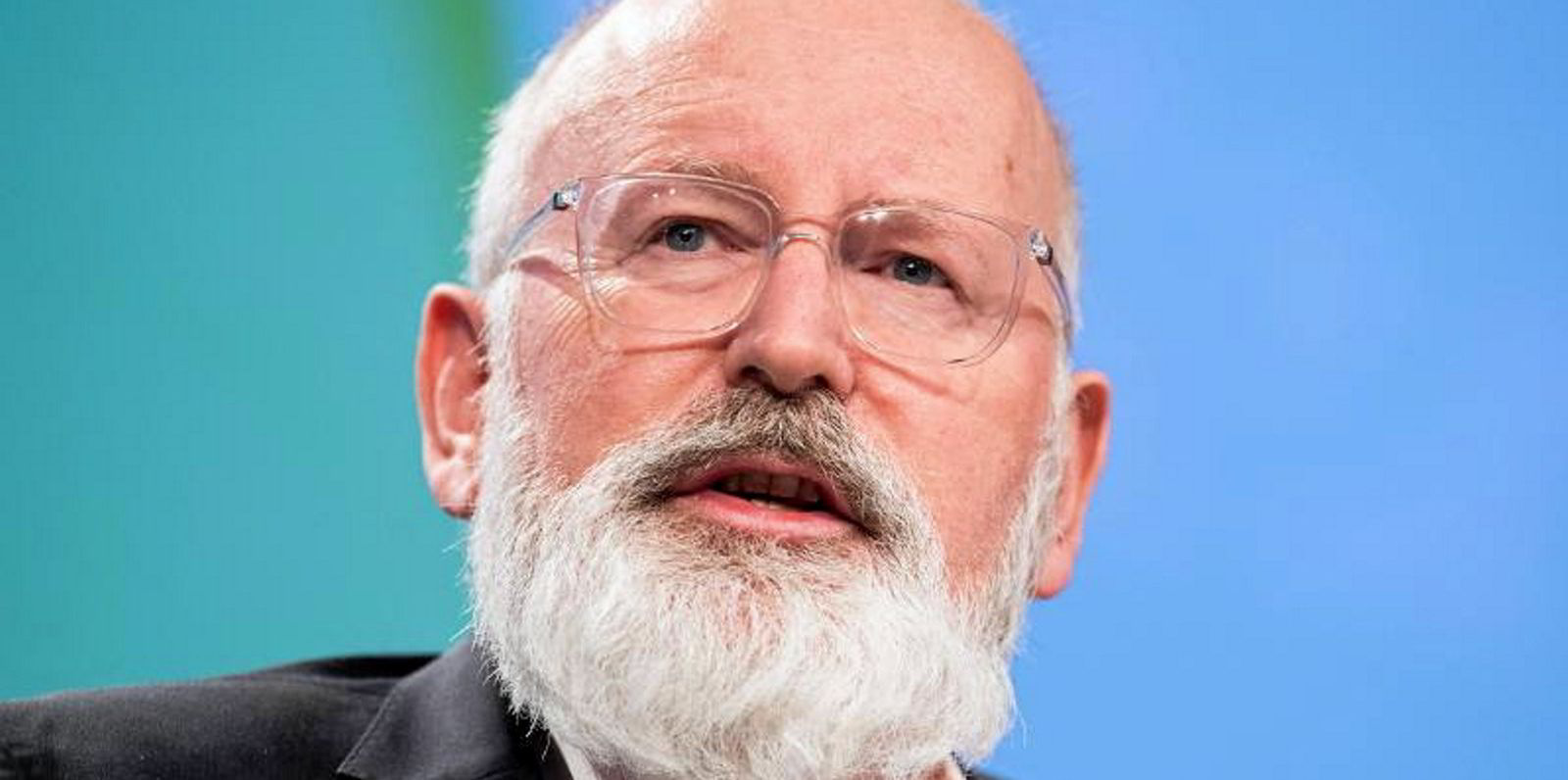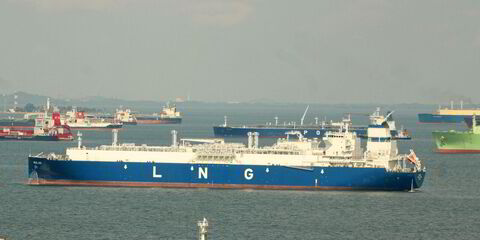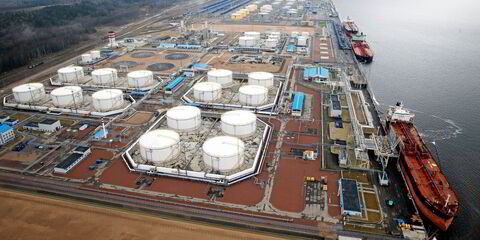Euronav has received its first assessment from the world's leading environmental disclosure platform — and said it has outperformed shipping's average score.
The Belgian VLCC and suezmax owner said the Carbon Disclosure Project (CDP) had awarded it a B grade for taking "coordinated action on climate issues".
CDP, a non-profit organisation, has been assessing companies for more than 20 years. This year, 9,600 firms worldwide shared data on their environmental impact.
Euronav's first participation is part of a commitment to increase transparency in this area, the shipowner said.
Environmental stewardship
Scores range from A down to D. The B mark puts Euronav in the "management band", showing it is taking further steps to effectively reduce emissions and indicating "more advanced environmental stewardship".
Shipping companies average a C, although Japanese giants K Line and NYK Line are rated at A.
Euronav chief executive Hugo De Stoop said: "This recognition by CDP is a tangible acknowledgement of the efforts the company has put into the realisation of a sustainable future of our activities."
He added that a commitment towards sustainability has been embedded in the company's strategy since its creation 25 years ago.
Room for improvement
"Shipping already has a notable track record when it comes to sustainability but there is always room for improvement, and this is a recognition of a process underlying our ambitions on continuously reducing our carbon footprint," he said.
The CDP report also shows that Euronav obtained an A for risk management processes and emissions reduction initiatives.
An A- was awarded for risk and opportunity disclosure, and business strategy and financial planning, although governance came in at a D, below the industry average of C.
Euronav is an active supporter of international climate initiatives such as the Poseidon Principles for green lending and the Getting to Zero Coalition.
Green financing
The company recently announced a new $713m sustainability loan with built-in climate-related targets.
De Stoop said this month that he believes International Maritime Organization regulation can help drive industry decarbonisation as some vessels are labelled as inefficient.
Such vessels will be less favoured by major charterers and financiers or even fall foul of other regulatory regimes, he suggested.
De Stoop added that new ship assessment measures proposed by the IMO reflect "just one wave" of increased regulation, however.
